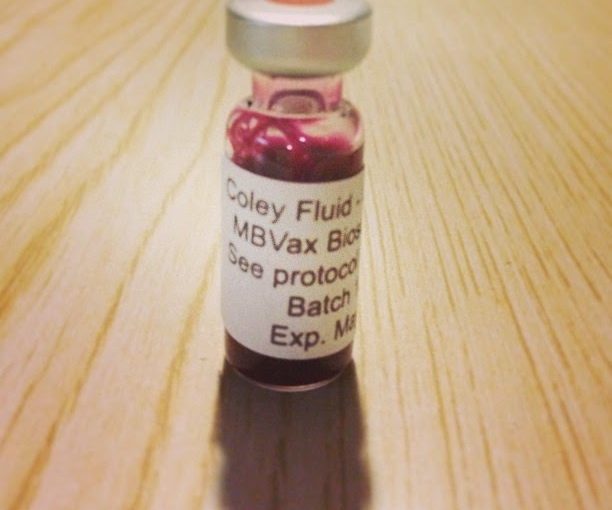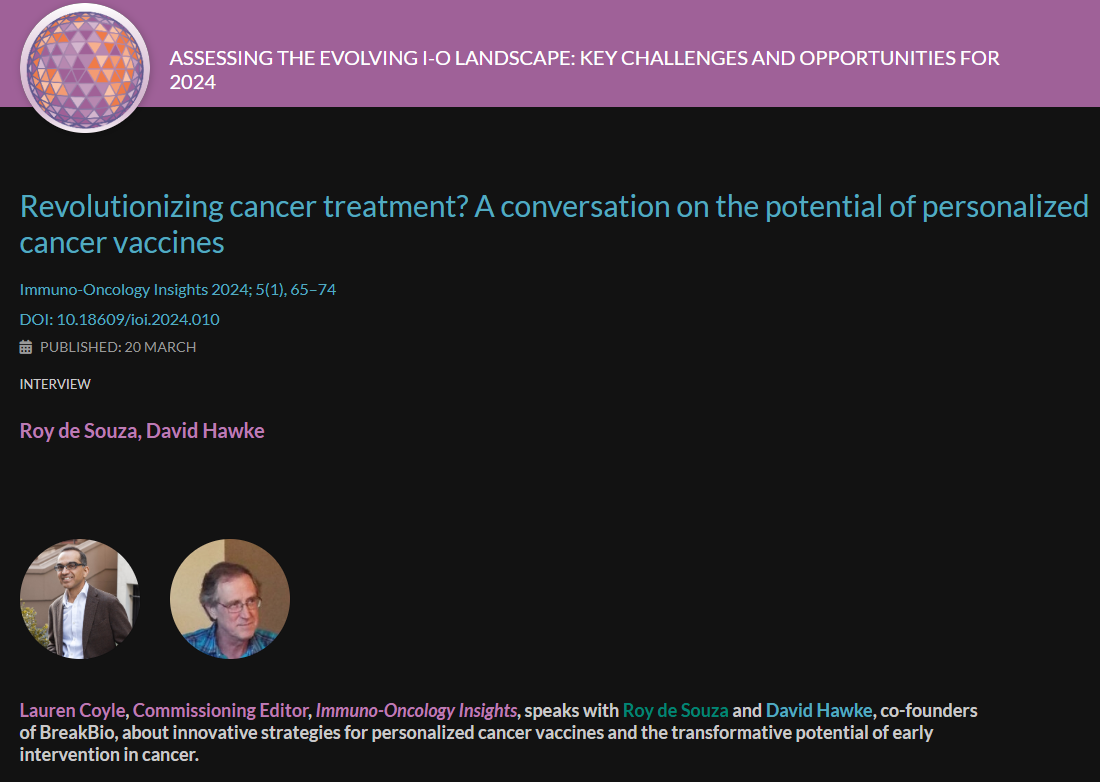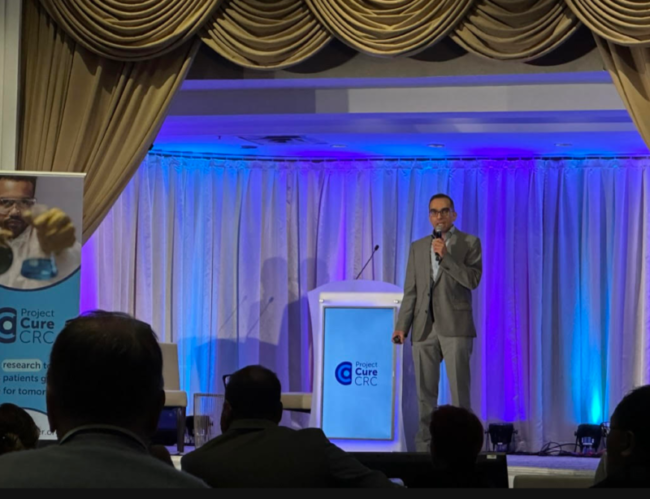Every Cancer Has a Story
Every cancer comes with its own story. And in almost every case, a life transformation accompanies the diagnosis. In my own life, my wife, a young woman, was diagnosed with stage 4 colon cancer when she was only _ years old. Colon cancer is a type of cancer that begins in the large intestine or colon, the final part of the digestive tract. It is predominantly a disease of older people — or it was until lately.
Estimates vary as to whether colorectal cancer is 5% heritable or as much as 35% heritable, but there’s agreement that it is the second most lethal cancer in the United States. In 2018, it was estimated that 51,020 deaths (27,640 men and 23,380 women) were attributed to colorectal cancer.
Colorectal cancer is a disease of developed nations. That leads to theories about the role of diet, especially processed foods and animal fats as a cause. In the US, we are screening people age 50 and older, and the incidence of colon cancer in people over 50 is actually declining, while other data from the west is showing a rise in younger people.
Over the past 40 years, there has been a 75% increase in rectal cancer, which is colon cancer at the very bottom of the colon. And if that disease keeps growing at its current rate, we will have a 124% rise by 2030.
Because I’m both a researcher and ann entrepreneur, my first impulse after my wife’s diagnosis was to start looking for an answer to this problem — a cure. But I quickly came across the prevailing theories of how this cancer occurs, and learned that no one is sure, although molecular biologists and immune system experts have promising theories. Some of those theories, such as vaccines that wake up the part of the immune system that prevents cells from mutating, need still to be tried.
This will soon become a public health issue if we don’t get going on it. In some countries the incidence of colon cancer in young people is as high as 35%, and we have data to show that it’s not only growing where you might expect — in meat eating countries.
Presumed Cause
Every cell in our bodies contains a set of instructions that tell the cell what to do. These are in the cell’s DNA. There’s a known process of how normal cells divide. But when something goes wrong in the instruction set of a cell’s DNA, rather than kill off its mutant cells (autophagy) the cell keeps them and allows them to keep dividing. As time goes on, the mutant cells outnumber the healthy cells, forming a tumor.
Unfortunately, tumor cells are often more aggressive than normal cells, and they keep dividing and invading normal tissues. Some cancerous cells can travel to other parts of the body through blood or lymph and form metastases, or secondary tumors, elsewhere in the body.
So the goal is to catch cancer cells early and remove them or stop them from growing. In fact, with colon cancer the early mutations are usually benign. They’re called polyps, and one way to prevent colon cancer is to remove them. That’s what we do in the US, where people over 50 are supposed to have regular screenings to catch polyps and remove them before they form cancers.
So the proximate cause of colorectal cancer is genetic mutation. Cell biologists even know which cells and which kinds of mutation. But it is prohibitively expensive to screen everybody every year, and that’s how many cancers are missed until they grow to produce symptoms and become deadly.
Inherited Predispositions
While not specifically causes of colon cancer, there are several factors that could predispose you to getting it, and the first is simply age. As people grow older, their cells become less efficient in division, and have more of a propensity to mutate. That’s why older people in general have higher rates of all cancers.
If you have already had polyps, whether cancerous or benign, you also have a greater risk, as you do if you have inflammatory bowel disease or ulcerative colitis, or Crohn’s disease, your risk increases.
Having a family member who had colon cancer increases risk because some gene mutations can be passed through generations of your family and increase your own risk. The most common inherited syndromes are familial adenomatous polyposis (FAP) and Lynch syndrome, which is also known as hereditary nonpolyposis colorectal cancer (HNPCC) (Mayo Clinic)
African Americans are also at greater risk.
And then there are the lifestyle factors
We can’t call them causes per se, but these cultural factors are being studied.
- Low-fiber, high-fat diet. As countries develop, they move toward the typical western diet, low in fiber and high in fat and calories. Some studies have found an increased risk of colon cancer in people who eat diets high in red meat and processed meat.
- A sedentary lifestyle. People who are inactive are more likely to develop colon cancer. Getting regular physical activity may reduce your risk.
- Comorbidities such as diabetes or insulin resistance increase risk as well.
- Obesity. People who are obese have an increased risk of colon cancer and an increased risk of dying of their cancer compared to people of normal weight.
- Smoking and drinking. People who smoke or are heavy alcohol users also increase their risk.
- Radiation therapy for cancer. When you have cancer, and your treatment involves radiation to the abdomen, there’s something called “late effects,” which means radiation for one cancer can actually cause another.
Prevention is key
Until scientists find out the precise cellular mechanism that causes colon cancer and how to turn it off, the best thing to do is hedge your bets with prevention techniques.
- Eat a variety of fruits, vegetables and whole grains. Fruits, vegetables and whole grains contain vitamins, minerals, fiber and antioxidants that many think play a role in cancer prevention. Choose a variety of fruits and vegetables so that you get an array of vitamins and nutrients.
- Drink alcohol in moderation. If you choose to drink alcohol, limit the amount of alcohol you drink to no more than one drink a day for women and two for men.
- Stop smoking. If you smoke, you’re raising the risk of several cancers, including colon cancer. Don’t try to quit alone. See a physician.
- Exercise most days of the week. Get at least 30 minutes of exercise on most days. It doesn’t have to be up to Olympic standards, but it should raise your heart rate. If you’ve been inactive, start slowly and build up gradually to 30 minutes. Maybe begin with walking.
- Maintain a healthy weight. If you are at a healthy weight, work to maintain it by combining a healthy diet with daily exercise. If you need to lose weight, ask your doctor about healthy ways to achieve your goal.
We’re not 100% certain there’s a single cause of colorectal cancer, or for any cancer for that matter. We only know that the immune system usually prevents cells from mutating — until it doesn’t.









